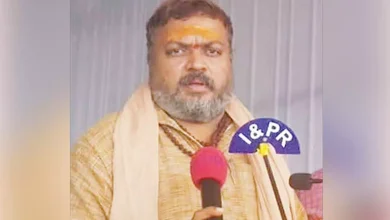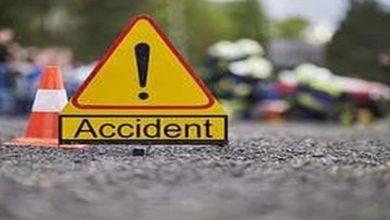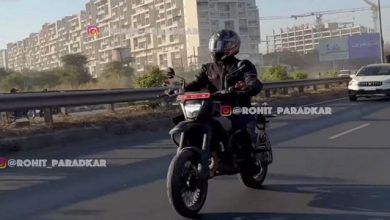With 8,506 cases, Pocso pendency high in Kerala
KOCHI: Though the state government has established fast-track and special courts to ensure speedy trial in cases under the Protection of Children from Sexual Offences (Pocso) Act, the huge backlog of cases is delaying justice for victims.
There are three cases for which trial has been pending since 2010. These were brought under the Pocso Act when it was enacted and enforced in 2012. There have also been instances where delays have resulted in victims being forced to backtrack.
According to the Home Department, 8,506 cases are pending before courts across the state as of July 31, 2023. Of these, 1,384 are with Thiruvananthapuram courts, Ernakulam a close second with 1,147 cases. The long-drawn process of issuing forensic reports and appointing special prosecutors is primarily contributing to the backlog, say experts.
There are too many courts, but only a few victims get justice, noted former director general of prosecution T Asaf Ali. “Trial delays will lead to disappearance of evidence by way of death of victims or non-availability of material witnesses. Establishing new courts and change of working hours alone will not reduce pendency. The lack of training of judicial officers of lower courts is one of the main reasons. It is desirable to utilise the services of retired judges to reduce pendency,” he said.
The home department has constituted a committee to monitor trials and disposal rates. The panel will compile monthly statistics and submit them before HC judges who are in charge of each district. Of the 56 sanctioned courts, 54 have started functioning. A directive has also been issued to ensure that forensic lab reports are not delayed.
Court timings need to be reworked: HC lawyer
“The HC, through maximum monitoring, and the state government, through strenuous efforts, are attempting to comply with statutory mandates of trying pocso matters in a timebound manner,” said Kerala State Legal Service Authority’s Victim Rights Centre (VRc) project coordinator Parvathy Menon.
“We have been witnessing a large number of cases where the survivor and their families go on the back foot due to severe pressure from the accused, families and social circles. Such pressure is all the more when perpetrators are within the family. In cases where survivors are not institutionalised, families either send survivors abroad or victims are pressured by family and peers to withdraw cases. The family often sends survivors abroad either with the good intention of helping them outlive the trauma or to avoid social policing which could be more traumatic. In these attempts to ‘settle’ the matter, cases get prolonged,” she said.
“We need more judges. Moreover, court timings need to be reworked. Though specific officers handle pocso offences in police stations, investigation in such cases can be speeded up if they are separated from those handled by the regular law and order wing,” said Raghul Sudheesh, lawyer with Kerala High court.
The home department has adopted steps to expeditiously dispose of cases of victims residing in children’s and Nirbhaya homes and similar institutions. The presence of investigating officers and witnesses for smooth conduct and speedy disposal of cases will be ensured.
To avoid undue delay due to non-appointment of prosecutors, the government has issued directions to appoint public prosecutors and special public prosecutors and accord them training at the district level.




